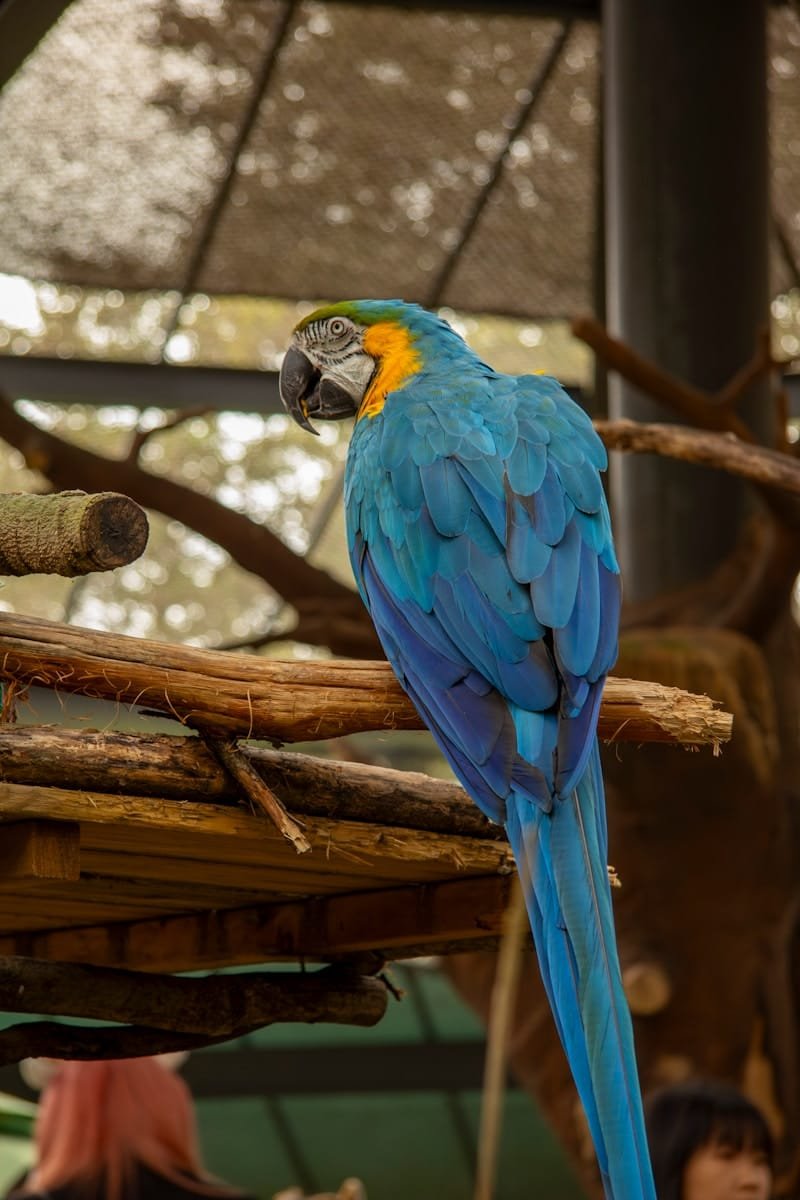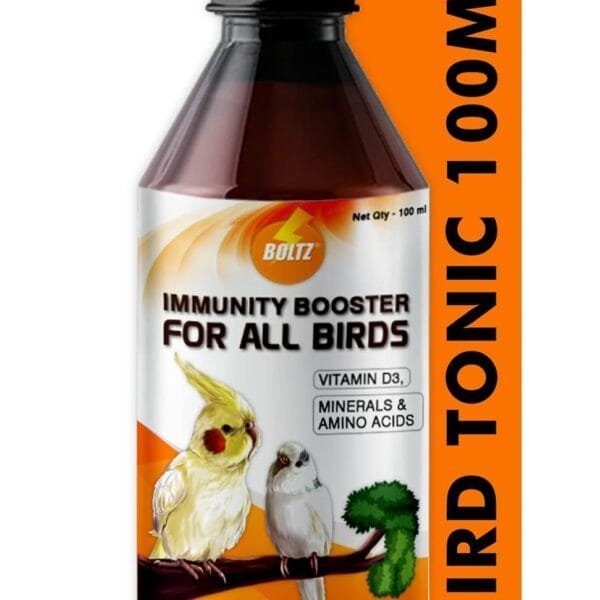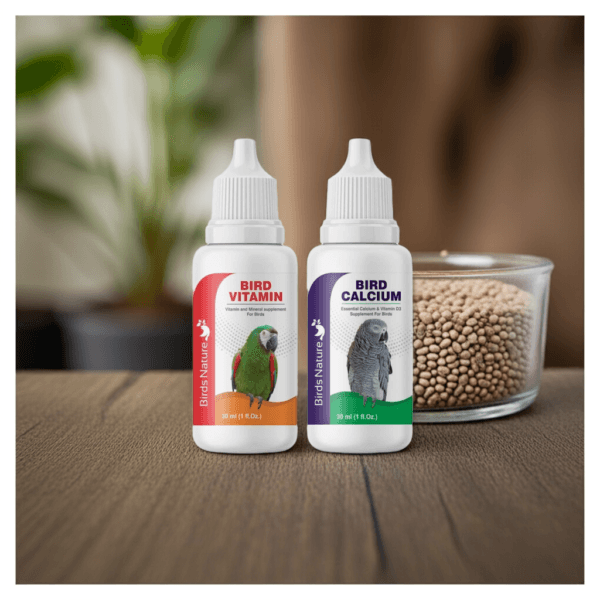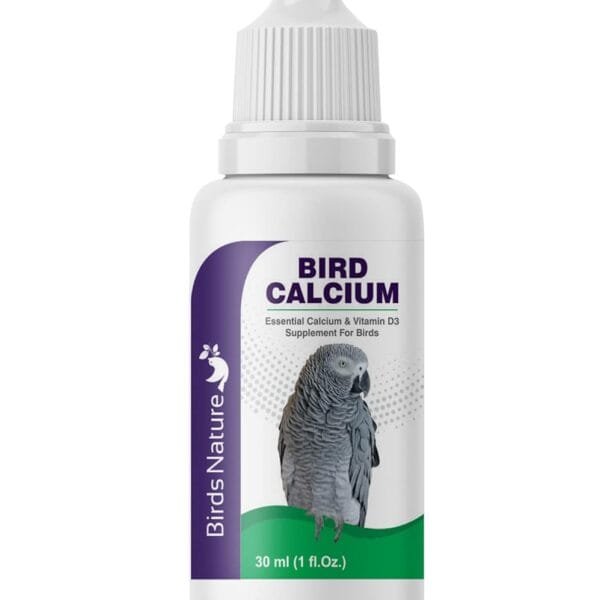Macaws
Macaws are large, vibrantly colored parrots native to the rainforests of Central and South America. Known for their striking plumage in shades of scarlet, blue, gold, and green, these intelligent birds have powerful curved beaks for cracking nuts and strong zygodactyl feet for climbing. Macaws are highly social, forming lifelong bonds with mates and communicating through loud vocalizations. With lifespans of 30–50 years (or more in captivity), they require dedicated care, including spacious cages, mental stimulation, and a diet of pellets, fresh fruits, nuts, and vegetables. Their intelligence matches that of a 3–5-year-old child, enabling them to learn words, solve puzzles, and even use tools. However, their loud calls and destructive chewing habits make them suitable only for experienced bird owners.
| MACAW QUICK FACTS | |
|---|---|
| Species Examples | Scarlet Macaw, Blue-and-Gold Macaw, Hyacinth (largest), Military Macaw |
| Size Range | 30 cm (Hahn’s Macaw) to 100 cm (Hyacinth Macaw) |
| Diet |
|
| Lifespan | 30–50 years (up to 60+ in captivity) |
| Unique Traits | • Facial feather blushes (indicate mood) • Can mimic human speech • Fly up to 55 km/h in wild |
| Conservation Status | Varies by species:
|

Showing all 4 results
Showing all 4 results
| MACAW CARE SCHEDULE | ||
|---|---|---|
| DAILY CARE (ESSENTIALS) | ||
| Time | Task | Details |
| Morning (7-9 AM) | Fresh Food & Water | Replace water, provide fresh pellets/veggies |
| Afternoon (12-2 PM) | Social Time | 2 hours supervised out-of-cage time |
| Evening (5-7 PM) | Cage Cleaning | Remove droppings, wipe surfaces |
| WEEKLY CARE (EVERY SATURDAY) | ||
| Task | Materials Needed | Instructions |
| Deep Cleaning | Bird-safe disinfectant | Wash all dishes, perches, and cage trays |
| Bathing | Spray bottle/shallow dish | Offer mist shower or bathing opportunity |
| Toy Rotation | 3-4 new toys | Replace 50% of cage toys |
| MONTHLY CARE (FIRST WEEK) | ||
| Checkup Item | Healthy Signs | Warning Signs |
| Weight | 900-1200g (stable) | Sudden weight loss/gain |
| Feathers | Glossy, intact | Bald patches, stress bars |
| Beak/Nails | Smooth edges | Overgrowth, cracks |
| DIET PLAN | ||
| Food Type | Frequency | Examples |
| Pellets | Daily (60%) | Macaw-formulated pellets |
| Vegetables | Daily (30%) | Carrots, bell peppers, kale |
| Fruits/Nuts | 3x/week (10%) | Almonds, walnuts, papaya |
PRO TIPS
- Always provide chewable wood toys to prevent boredom
- Maintain consistent daylight/darkness cycles (12h each)
- Watch for signs of stress: feather plucking, aggression










